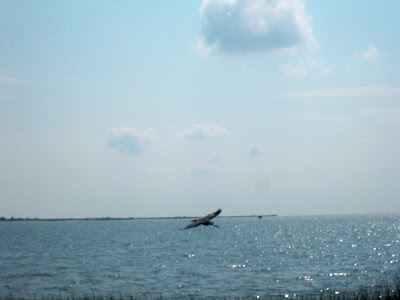The Mirror and the Light
I just finished reading The Mirror and the Light, the 750-page conclusion of Hilary Mantel’s brilliant three-part reimagining of the life of Thomas Cromwell, Lord Privy Seal of England and Henry VIII’s right-hand man … until he wasn’t.
In the final pages, Cromwell prepares for his execution. He ponders heaven and hell, thinks often of his father, Walter, a blacksmith and a drunk who beat his son and propelled him out from Putney into a life he could not have imagined from his beginnings, a life of service and, more than most, of influencing history.
Still, when Cromwell confronts his end, he shudders and he trembles, he sees ghosts. He also realizes that life will go on without him, as it will, of course, for us all:
It occurs to him that when he is dead, other people will be getting on with their day; it will be dinner time or nearly, there will be a bubbling of pottages, the clatter of ladles, the swift scoop of meat from spit to platter; a thousand dogs will stir from sleep and wag their tails, napkins will be unfurled and twitched over the shoulder, fingers will be dipped in rosewater, bread broken. And when the crumbs are swept away, the pewter piled for scouring, his body will be broken meat, and the executioner will clean the blade.
